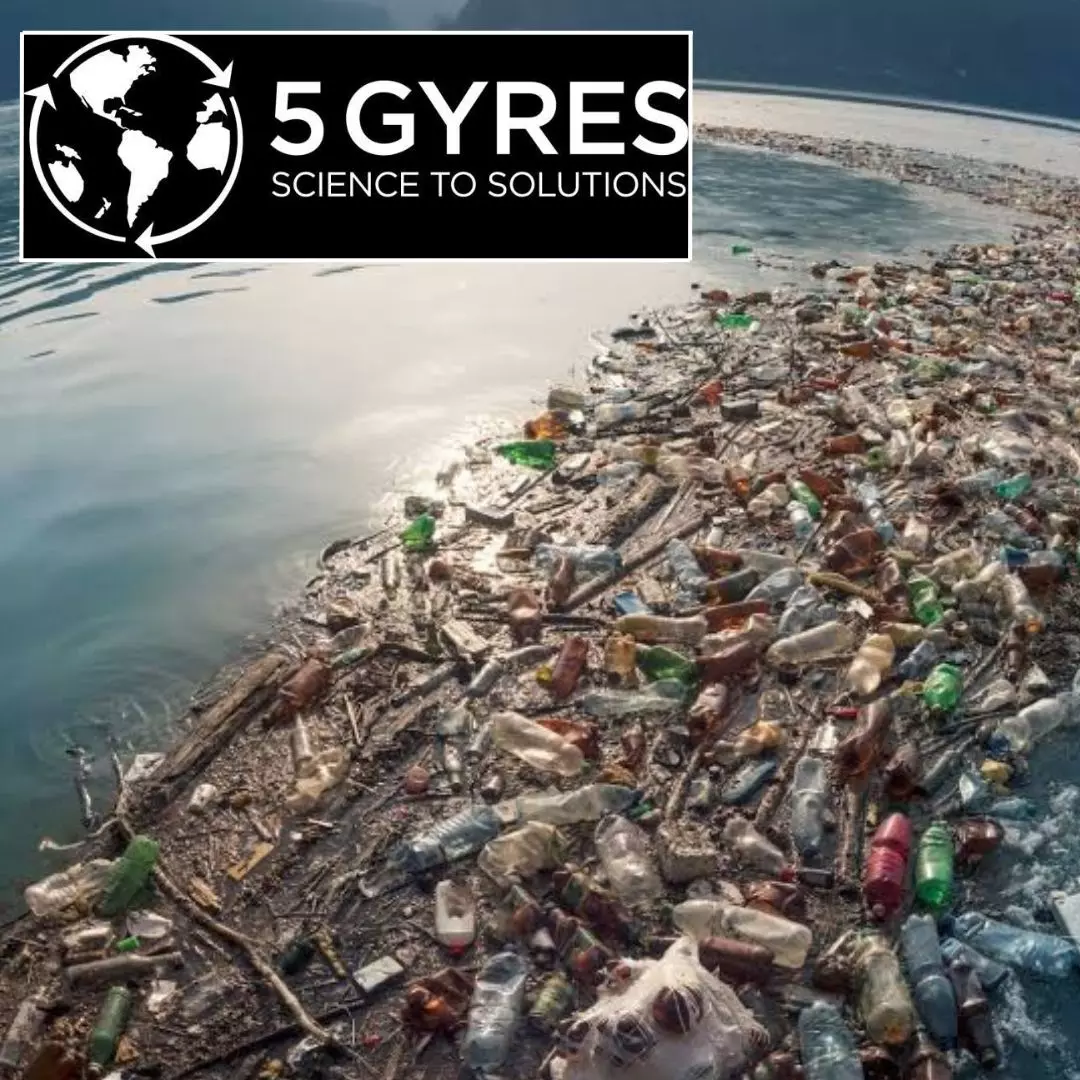Plastic pollution is something a large group of people tend to understand only from the surface level. The problem is deeper than many can fathom, and scientists and experts have, time and again, made the effort to provide this picture to people in the form of numbers and data.
A recent such research suggests that there are as many as 170,000,000,000,000 pieces of plastic floating in the oceans. The study conveys that the number could go way beyond 170 trillion plastic pieces and could weigh up to two million tonnes. This is the result of choking the water bodies with plastic from 1979 to 2019, and it is expected to worsen further unless necessary measures are taken to tackle the plastic menace.
Waste Generation At Alarming Rates
The global oceans have been polluted by nearly 170 trillion pieces of plastic, as per estimates from 1979 to 2019. Plastics that enter the water bodies have surged by an “unprecedented” amount since 2005. It was noted that the amount of plastic in oceans had skyrocketed after 2005 due to the sudden jump in plastic production, fragmentation of existing plastic pollution, or even the changes in terrestrial waste generation and management.
The findings were revealed by a research led by 5 Gyres Institute, a US-based organisation campaigning to reduce plastic pollution. They stated that the plastic problem could potentially triple in intensity by 2040 if legally binding global policies are not introduced. Emphasising upon this, Co-Founder of The 5 Gyres Institute, Dr Marcus Eriksen, said, “The exponential increase in microplastics across the world’s oceans is a stark warning that we must act now at a global scale.”
Need For Collective Responsibility
Presenting the pollution levels as data, the study said that the surface-level plastic pollution from 11,777 ocean stations in six major marine regions peaked at alarming rates between 1979 to 2019. Microplastics, in particular, constitute a significant amount of plastic waste, and it is known to be extremely hazardous to the oceans. Not only does it contaminate the waters, but also damages the internal organs of marine animals, who consume the plastic mistaking it for food.
Speaking about solutions, the experts say that cleanup is futile as countries continue to produce plastic in herculean amounts. Experts say that the level of marine plastic in the oceans has been underestimated, and action needs to be taken immediately before it gets late. Dr Eriksen expands that “we have heard about recycling for too long while the plastic industry simultaneously rejects any commitments to buy recycled material or design for recyclability. It’s time to address the plastic problem at the source.”
So a shift in focus is required from cleanup and recycling to ushering corporate responsibility for the entire life of the plastic they produce. This has been unanimously agreed upon by environmental groups and activists. According to an India Today report, the non-profit group Greenpeace has said that without a strong global treaty, plastic production could double within the next 10 to 15 years and triple further by 2050.
https://thelogicalindian.com/h-upload/2023/03/11/500x300_230494-untitled-design-16.webp
Environment
2023-03-13 05:20:35.0
‘Act Now!’: Study Says Oceans Carry Over 170 Trillion Pieces Of Plastic Waste; Calls For Collective Action













